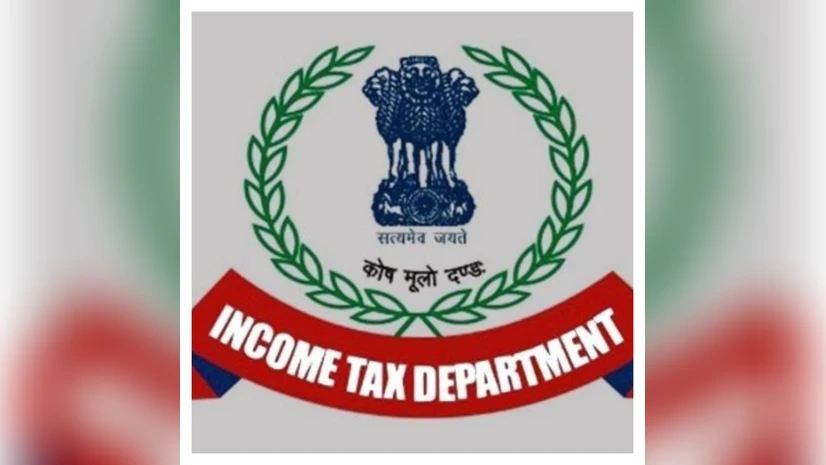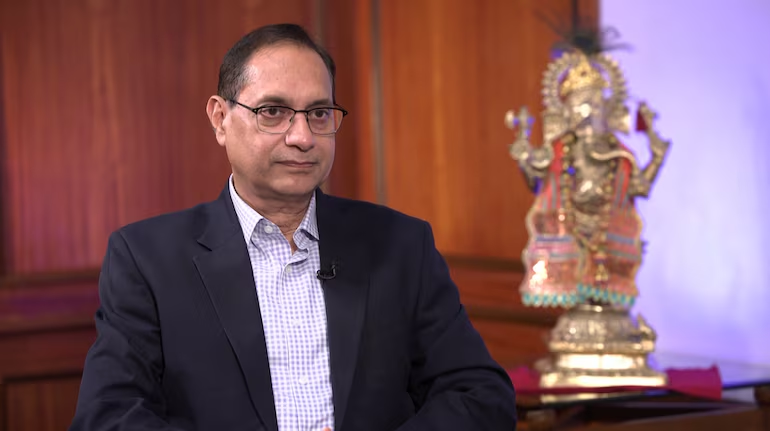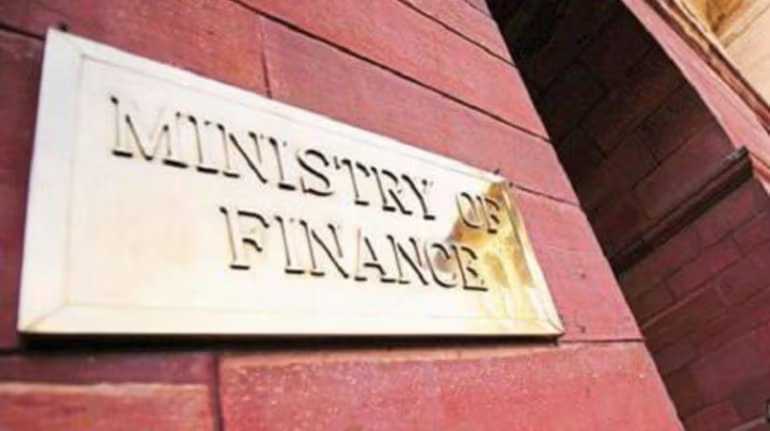Share

Taxpayers with undisclosed foreign assets worth up to ₹20 lakhs, excluding property, will not face penalty or prosecution under revised Black Money Act rules. The Income Tax Department has relaxed provisions under the Black Money (Undisclosed Foreign Income and Assets) and Imposition of Tax Act, 2015 (BMA). Individuals with small-value foreign assets will not face penalty or prosecution under certain conditions, according to fresh instructions issued by the Central Board of Direct Taxes (CBDT).
What has changed:
CBDT has clarified that prosecution under Sections 49 and 50 of the BMA will not be initiated if penalty under Sections 42 and 43 is not imposed. The relief covers undisclosed foreign assets, excluding immovable property, provided their combined value does not exceed Rs 20 lakhs during a financial year. This amendment flows from the Finance (No. 2) Act, 2024, which revised the exemption threshold from Rs 5 lakhs to Rs 20 lakhs.
Broader coverage of assets:
The new threshold offers practical relief, particularly for professionals with global financial exposure. “The increase from Rs 5 lakhs to Rs 20 lakhs offers substantial relief for taxpayers, especially salaried professionals, NRIs and globally mobile individuals,” said Niyati Shah, Chartered Accountant & Vertical Head – personal tax at 1 Finance. She explained that the relief primarily covers financial assets such as foreign bank accounts, ESOPs, mutual funds and pension holdings, while immovable property remains outside the scope.
Compliance and misuse concerns:
The higher limit is also expected to ease compliance burdens. “This relaxation will significantly reduce compliance stress and avoid minor litigation for individuals with small, unintentional non-disclosures of foreign assets,” Shah noted. Concerns that the rule might be misused by splitting assets were dismissed. Shah pointed out that the Rs 20 lakhs cap applies to the aggregate peak value of all assets, so “asset-splitting is ineffective.” She added that deliberate concealment or structuring can still attract penalties and prosecution.
Policy intent:
Experts believe the Government’s stance reflects pragmatism rather than leniency. “This move signals a pragmatic shift by the Government, focusing on material tax evasion rather than penalizing taxpayers for small oversights,” Shah said. However, she stressed that this does not mean a free pass. “It is not an amnesty; reporting foreign assets in ITR remains mandatory, but small, inadvertent lapses get breathing room.”
Why it matters:
By raising the threshold to Rs 20 lakhs and widening the coverage, the Government aims to reduce compliance anxiety and avoid unnecessary litigation, while keeping the focus on large-scale, deliberate black money violations.
Source : https://www.business-standard.com/finance/personal-finance/cbdt-eases-black-money-rules-why-experts-are-calling-it-a-pragmatic-move-125090100946_1.html









